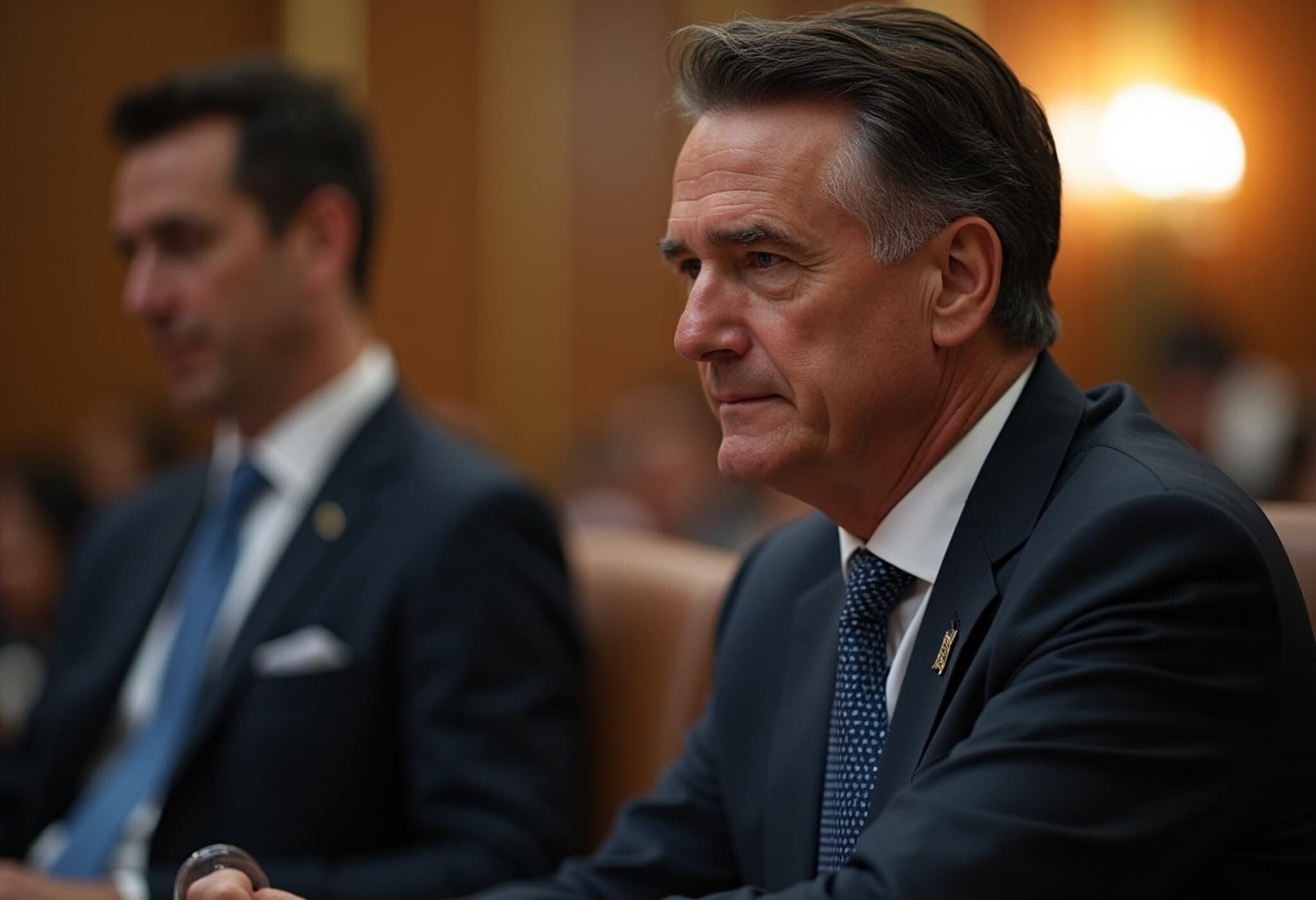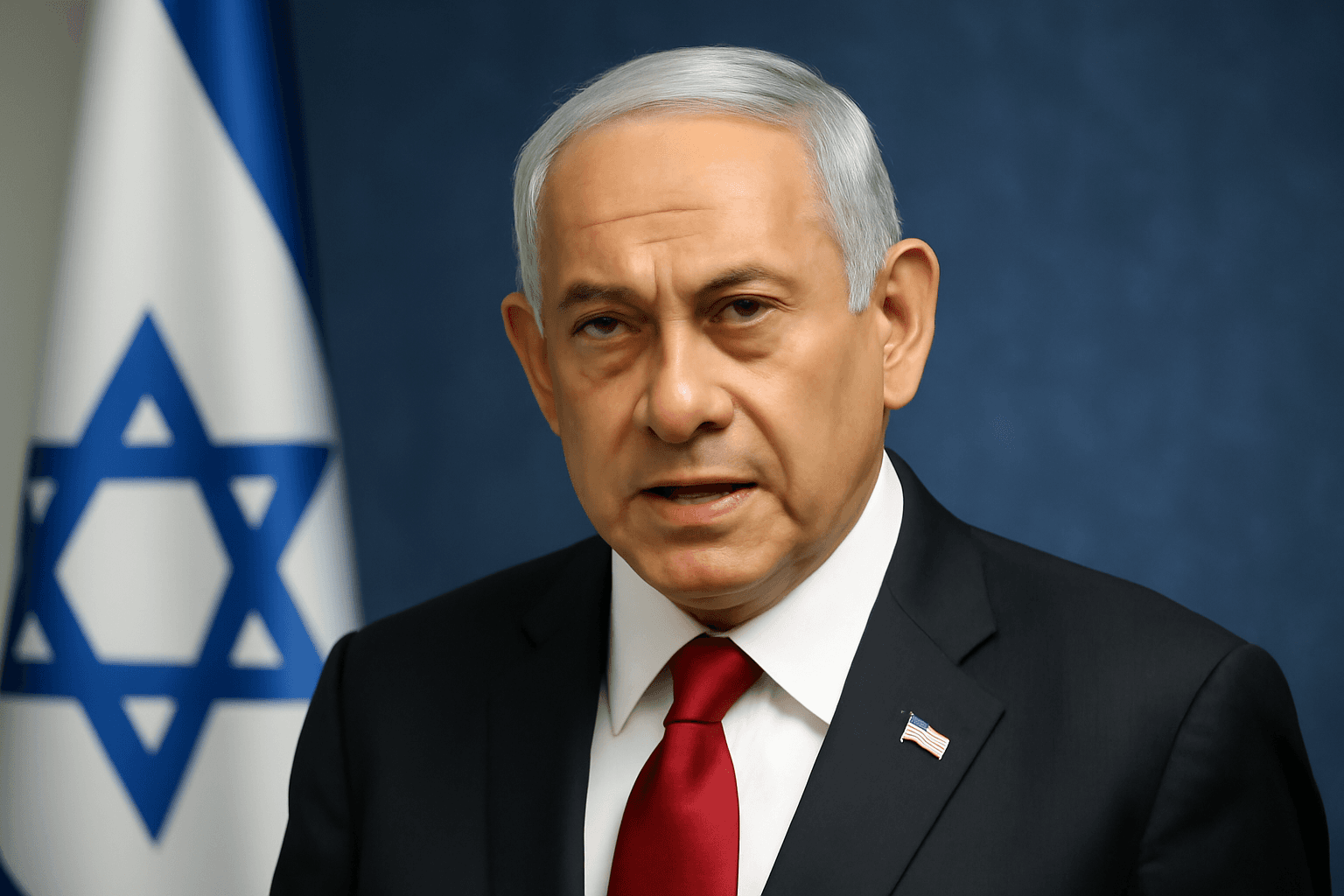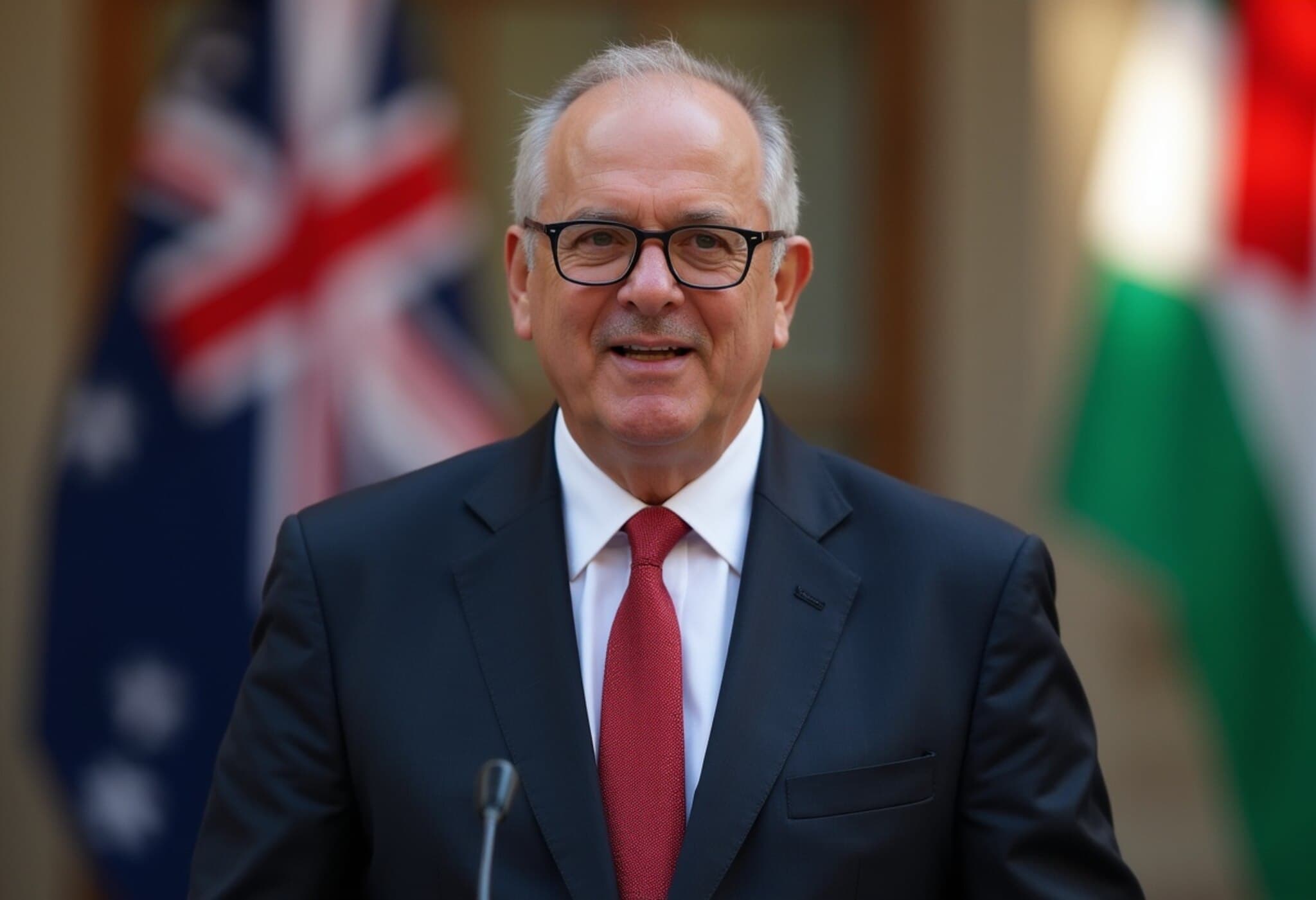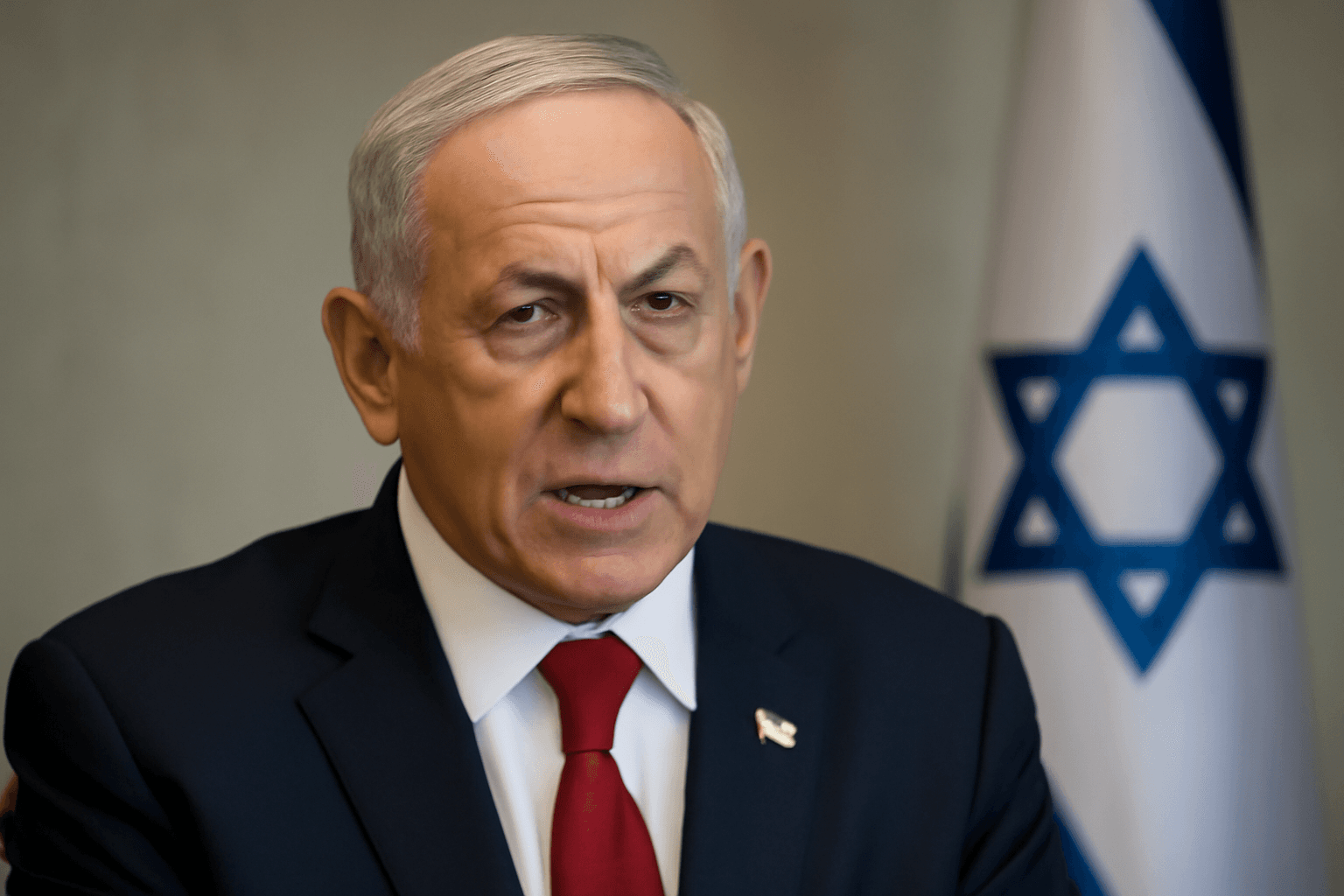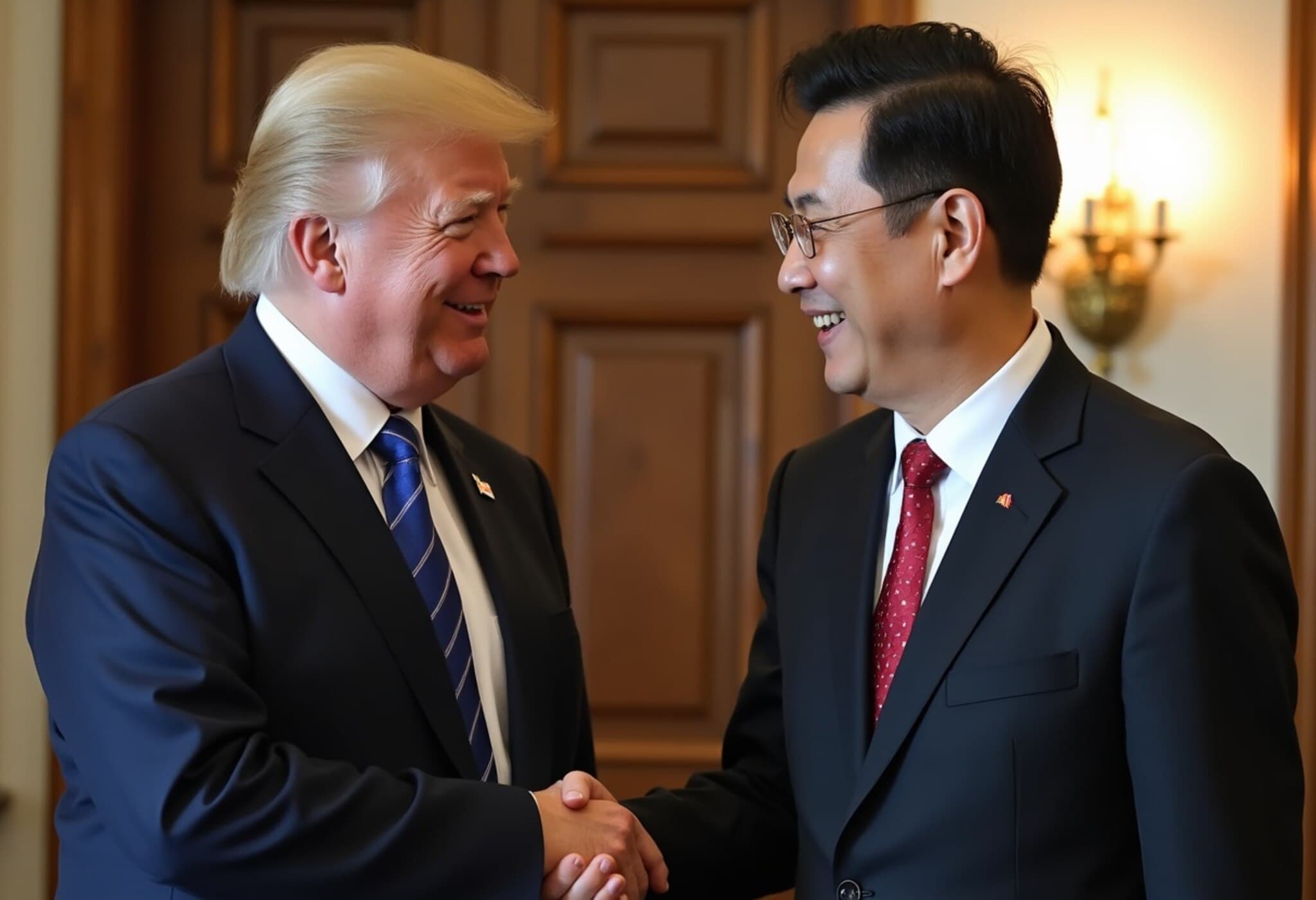Australia Takes Strong Diplomatic Action Against Iran Amid Antisemitic Attacks
In a significant diplomatic move on August 26, 2025, Australian Prime Minister Anthony Albanese announced the expulsion of Iran's ambassador from Canberra, accusing Tehran of orchestrating recent antisemitic attacks in Australia's major cities. This unprecedented step stems from intelligence linking the Iranian government directly to violent incidents targeting Jewish communities in Sydney and Melbourne.
Background: Rising Antisemitic Violence in Australia
Since the escalation of the Israel-Hamas conflict in 2023, Australia has witnessed a disturbing surge in antisemitic incidents, particularly in urban centers known for their vibrant Jewish populations. The rising tension has unsettled communities and challenged Australia’s commitment to multicultural harmony and religious tolerance.
Intelligence Findings Point to Iranian Involvement
Prime Minister Albanese disclosed that Australian Security Intelligence Organisation (ASIO) delivered a compelling assessment indicating that Tehran was the driving force behind at least two violent episodes: an attack on a Sydney restaurant and an assault at a mosque in Melbourne. While Iran allegedly attempted to mask its involvement, ASIO's evidence suggests a deliberate campaign targeting Australia's Jewish community.
“ASIO has gathered enough credible intelligence to reach a deeply disturbing conclusion. The Iranian government directed at least two of these attacks. Iran tried to conceal its role, but ASIO assesses it was behind them,” Albanese said during a press briefing.
The Political and Social Impact
This revelation and the subsequent expulsion of Iran’s ambassador marks a clear red line for the Australian government regarding foreign interference in domestic security matters. Experts observe that this move signals Canberra’s determination to protect its minority communities and uphold the rule of law amidst increasing global geopolitical tensions.
Dr. Sarah Klein, a political analyst specializing in Middle Eastern affairs at the University of Sydney, remarked, “Australia's response is both a protective and strategic maneuver. It sends a message to Tehran and similarly inclined states that foreign governments will be held accountable for actions inciting hatred and violence abroad.”
Broader Regional and Global Implications
- Diplomatic Relations: This escalation may strain Iran-Australia ties further and complicate future diplomatic engagements.
- Security Measures: Heightened vigilance and enhanced intelligence collaboration among Western democracies could emerge to counter state-sponsored antisemitism.
- Community Reassurance: Australian authorities are likely to increase community engagement initiatives to reinforce social cohesion and protect vulnerable groups.
Critical Questions Moving Forward
While the government’s decisive actions provide some reassurance, important issues remain:
- How will Australia safeguard against covert foreign operations targeting its social fabric in the future?
- What diplomatic channels remain open to de-escalate tensions with Iran?
- How can Jewish and Muslim communities collaborate to promote resilience and solidarity amidst these divisive external influences?
The gravity of state-directed antisemitic attacks touches not only on national security but on the fundamental values of multiculturalism and respect in Australia.
Editor’s Note
Australia’s bold stance against Iran highlights a growing global challenge: foreign governments exploiting ethnic and religious fault lines abroad to advance their agendas. This incident underscores the vital importance of robust intelligence, targeted diplomacy, and community unity in countering such malign influences. As tensions simmer internationally, Australian society’s response will be a bellwether for other democracies grappling with similar threats to social harmony and security.




